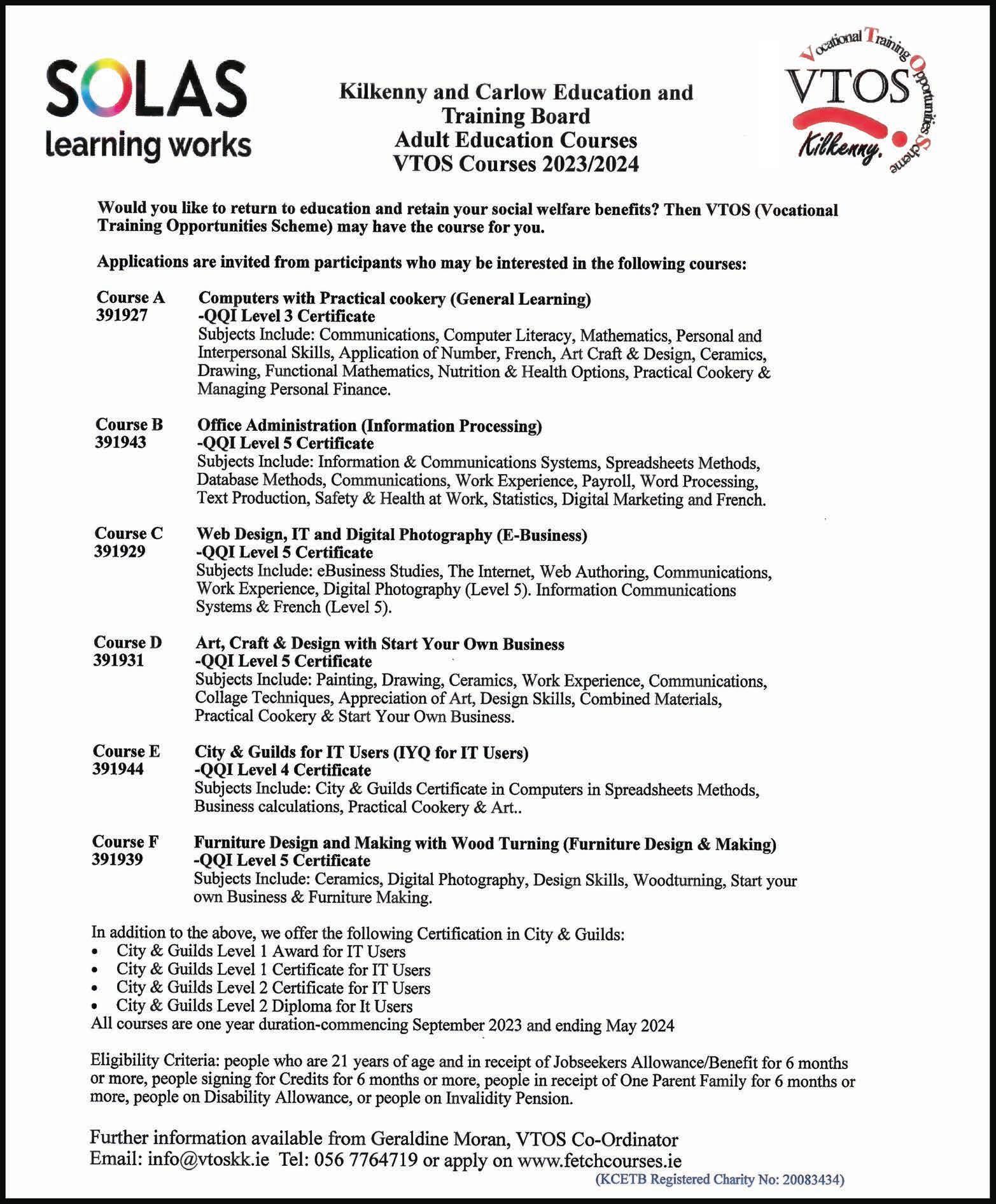
2 minute read
Yes, an apple a day keeps the doctor away
Eating a medium-sized apple each day in your 60s can help protect against the in rmity that comes with old age, scientists have found.
e fruit contains a particularly bene cial avanol called quercetin, and just 10mg reduces the odds of frailty by 20pc, according to a study.
Advertisement
Up to 15pc of older adults experience frailty, a geriatric syndrome that leads to a greater risk of falls, fractures, disability, hospital admissions –and death.
Current dietary recommendations for frailty prevention primarily focus on protein intake, but experts said it was becoming clear that certain fruits were also helpful for lowering the risk.
Flavanols are found in many foods including green leafy vegetables, apples, lettuce, tea, onions, berries, blackcurrants, cherries, peaches, soybeans, citrus foods, chocolate, peppers, grapes and even wine.
“Higher avanols intake was associated with lower odds of developing frailty,” said Professor Shivani Sahni of Harvard Medical School.
“Speci cally, higher quer- cetin intake was the avonoid that had the strongest association with frailty prevention.
“ is data suggests that there may be particular subclasses of avonoids that have the most potential as a dietary strategy for frailty prevention.” e research was based on data from volunteers in the Framingham Heart Study which has monitored the health of residents of Framingham, Massachusetts, since the 1940s. A total of 1,701 over-65s took part in the study which resulted in 13.2% of participants becoming frail by the end of the 12-year project. ose who had the highest avanols intake – particularly quercetin – were found to be the least likely to become frail. ere is mounting evidence that avanol may also be useful in ghting Alzheimer’s disease, cancer, cardiovascular disease, arthritis, high blood pressure and Type 2 diabetes. Research by Wageningen University in the Netherlands also found that eating an average-sized apple would reduce the risk of stroke by 36-45pc, because of quercetin. e scale of the expansion should mean that CAO points for many courses will ease. But, if demand for particular courses rises ahead of the CAO July 1 ‘change of mind’ deadline, it will increase the pressure for places. e Department of Further and Higher Education is in discussions with the Department of Health, which supports the funding of places in this sector, where, as well as lectures, students need clinical placements.
Flavanols help to regulate cellular activity and work as antioxidants to ght o free radicals that cause oxidative stress and damage in the body.
A University of Reading study found that eating two apples a day lowered levels of ‘bad cholesterol by almost 4%.
“ ere may be some validity to the old saying, an apple a day keeps the doctor (or frailty) away,” researchers concluded in the study published in the American Journal of Clinical Nutrition.
Up to 440 new healthcare places will come through traditional CAO routes, including 190 in nursing, 60 in medicine and 25 in pharmacy.
A further 160 new college places are opening across a range of health and social care professional courses. ese include 25 in podiatry, 24 in occupational therapy, 20 in speech and language therapy, 20 in medical sciences, 13 in psychology, six in physiotherapy and ve in radiation therapy.
Further and Higher Education Minster Simon Harris has led the initiative to open more college places in disciplines where there are skills gaps.
Work is ongoing in relation to further expansion in medicine, dentistry, pharmacy, and nursing from 2024.
Separately, 25 places in medicine and, potentially, dozens of places in nursing, are opening in Northern Ireland this year for CAO applicants.










